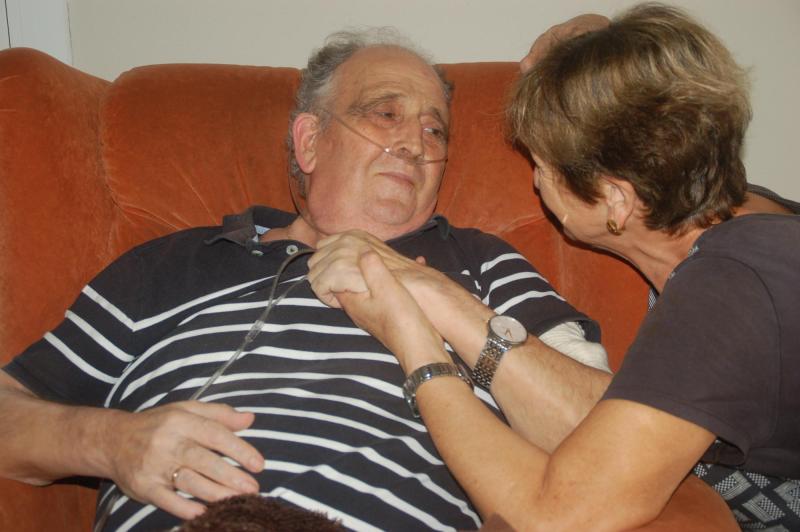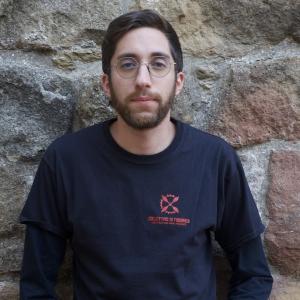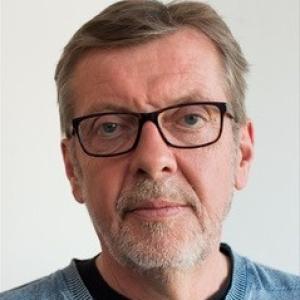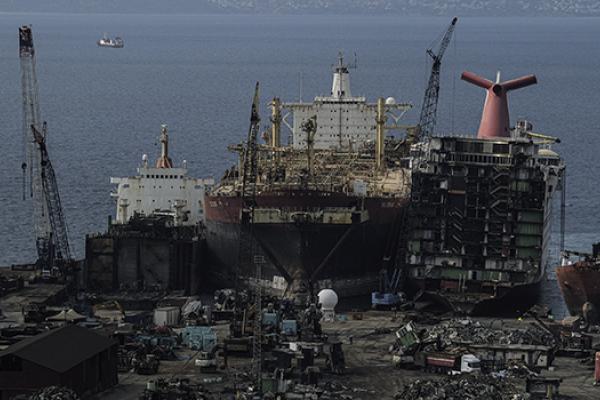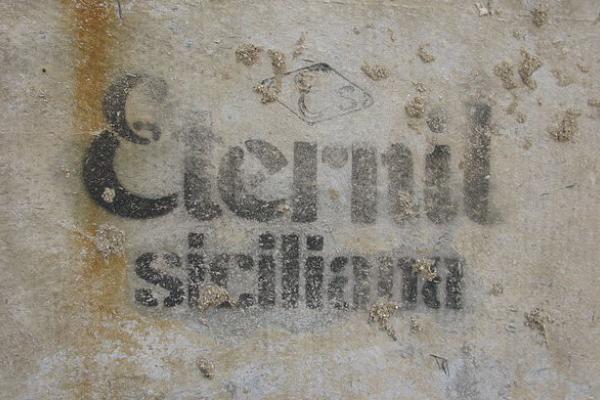To older working men, a known group of victims, women, teachers, hospital personal, office workers, and all people exposed to asbestos in public building and private homes are now added.
The death rate is rising in countries which banned the use of asbestos 30-40 years ago due to demolition and renovation of asbestos that has never been removed. An occupational disease is turning into a general health threat for all.
The European countries have a patchy knowledge of where asbestos is to be found in existing buildings and where and how asbestos waste has been dumped, an investigation in nine countries shows.
Strategies for removal in some countries are not carried out as planned. They will at best be completed in an interval between 60 and 200 years from now.
Contrary to experts’ opinions and death figures of 70,000-90,000, construction companies suggest the annual asbestos death toll for workers is 22 – based on a study issued by the Commission.
The Cross-border investigation “Asbestos: The Lethal Legacy” on asbestos in buildings is led by Investigative Reporting Denmark, edited by Katharine Quarmby, and made in collaboration with journalists from Knack in Belgium, Tygodnik Powszechny and Reporters’ Foundation in Poland, Ostro in Croatia and Slovenia, IRPI in Italy, De Groene Amsterdammer in The Netherlands, Grupo Merca2 in Spain, Al Jazeera in the UK and TV2 Nord in Denmark.
IMPACT
UK Parliament debates the need for a nationwide register for asbestos in public buildings. This occurred after the publication of the cross-border investigation titled “Asbestos: The Lethal Legacy” supported by Journalismfund Europe.
Following these debates, the EU Parliament changed respective legislation in October 2023.
Photo credit: B. Jimenez Tejero. "Jesús Ropero died of mesothelioma shortly after this interview. This worker at CAF, a multinational train manufacturer in Spain, removed blue asbestos with his own hands."
